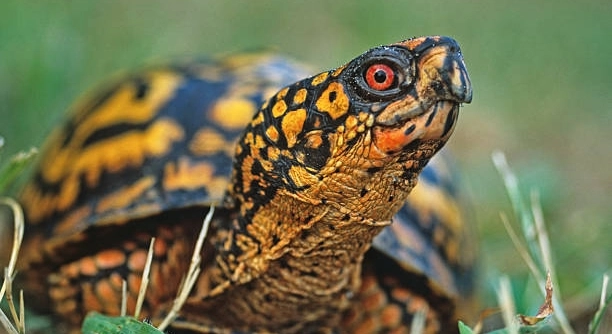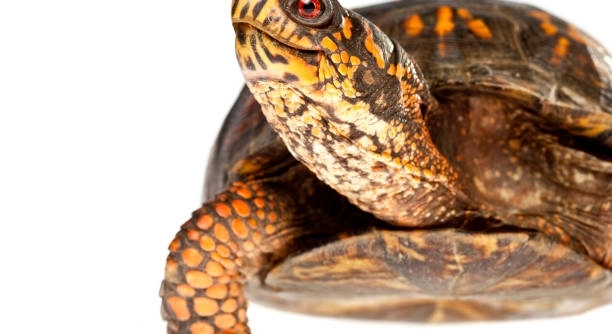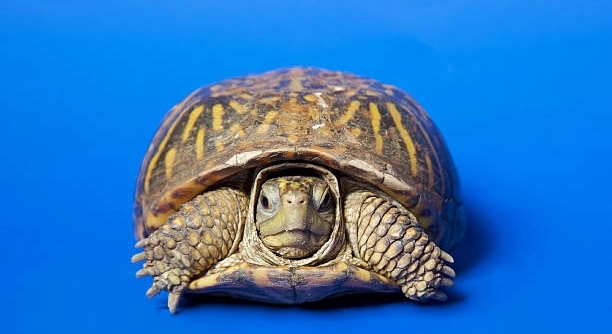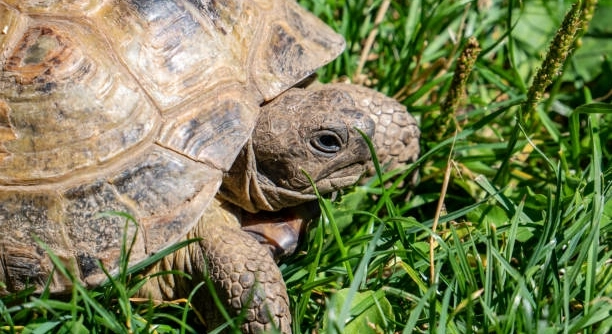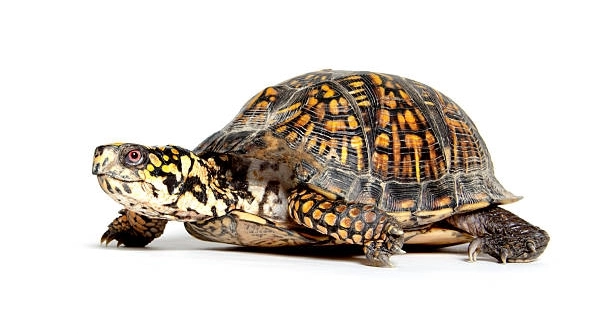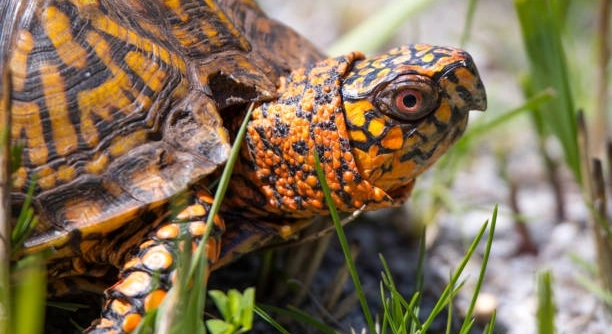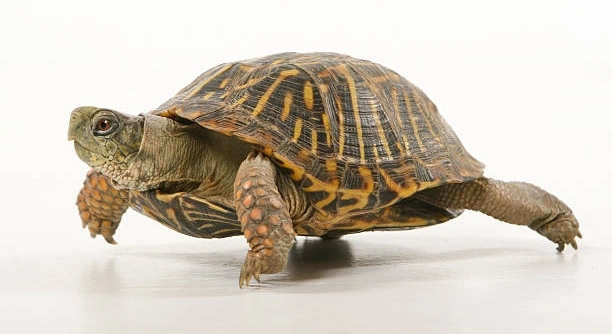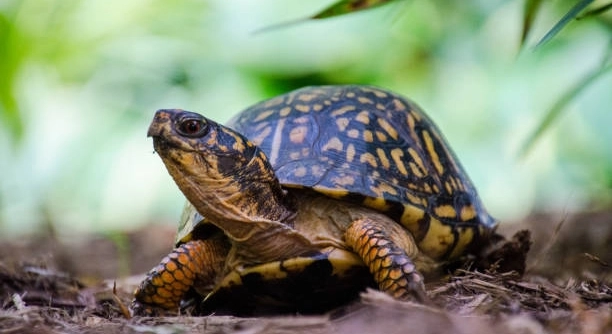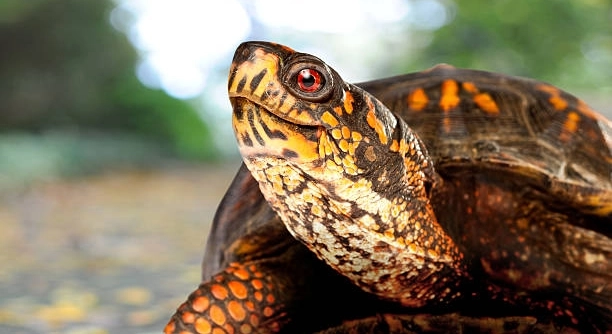How to Protect Wild Box Turtle Eggs From Predators
Wild box turtles are fascinating creatures, but their eggs face many dangers in the wild. Protecting these eggs is crucial for the survival of future generations. With some effort, we can help keep these eggs safe from predators. To protect wild box turtle eggs from predators, you can use a combination of natural and artificial … Read more

